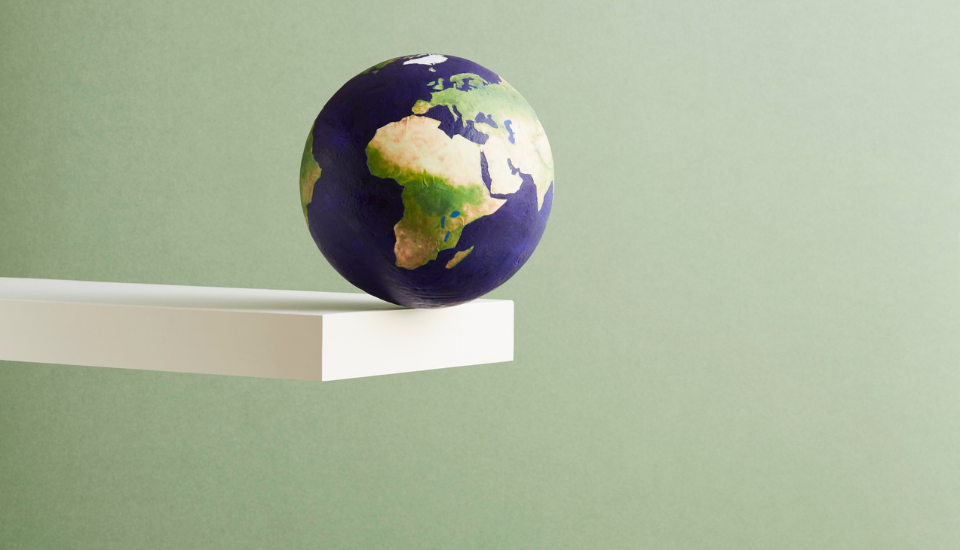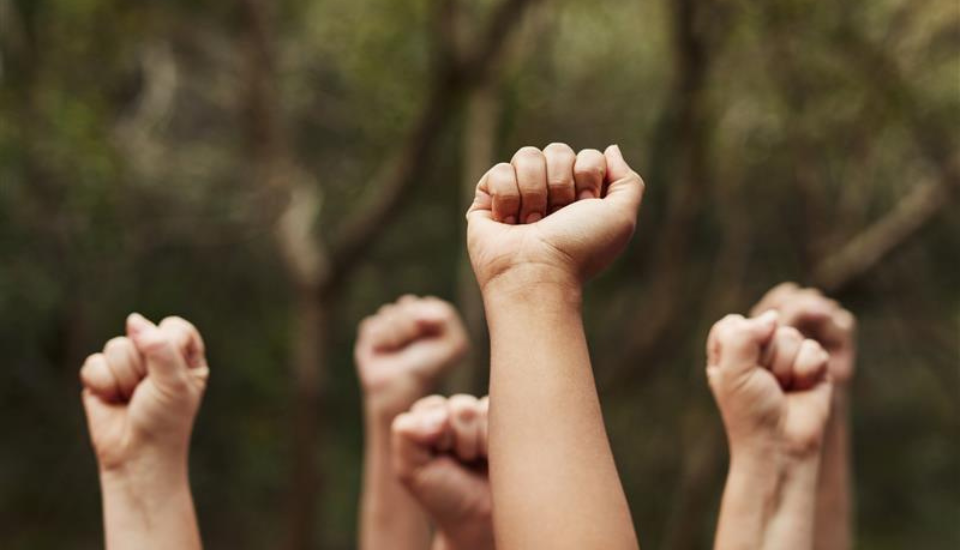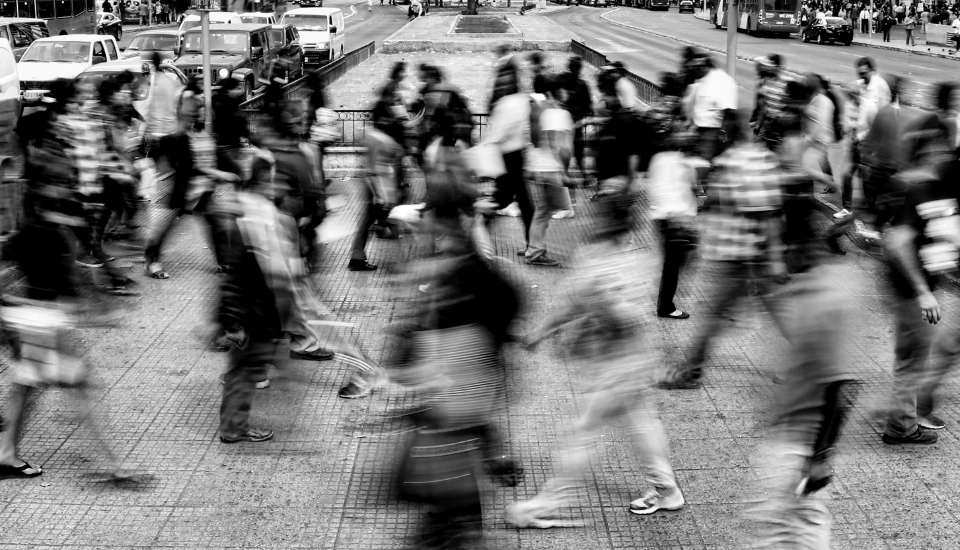The Evolution of Fashion - From sustainability to regeneration
'Fashion has to reflect who you are' Pharrell Williams.
Despite its fun reputation, the fashion industry isn't a trifling part of the climate change equation. The UN Environment programme estimates that it is responsible for 8-10% of global carbon emissions – more than international flights and maritime shipping combined. But it's not just a case of carbon - the industry is a systemic offender that impacts people, place and planet with its exploitative working practices, fossil fuel-based synthetics, land degradation, water waste, destructive microfibres and textile landfills.
Many consumers have duly moved from 'fast' to 'slow' fashion purchases, and plenty of manufacturers have reviewed their materials, factories, supply chains, and installed textile recycling bins in store. The 2020 Circular Fashion System Commitment was signed by 86 companies, representing 12.5% of the global fashion market. But how much progress have we actually made, and how much is greenwashing?
Despite its eco-marketing spiel and the good intentions of consumers, most vegan leather is made from petroleum-based plastics, and very few fashion houses are actually encouraging us to buy less of their products. An organic cotton or recycled plastic t-shirt may just be a balm for our conscience if it is then being added to the 70kg of textiles each British consumer throws away annually.
What is the next stage of evolution in fashion thinking? How can piecemeal change make way for holistic approaches?
The RSA's recent Regenerative Futures report argues that a paradigmatic change is needed in order to transform the industries and practices that are harming people, place and planet. As we approach crisis point on so many fronts, we need a total mindset change in how we approach the materials that clothe us - one that focuses on circularity, replenishment, community, and how we interact with each other and the earth's finite resources.


